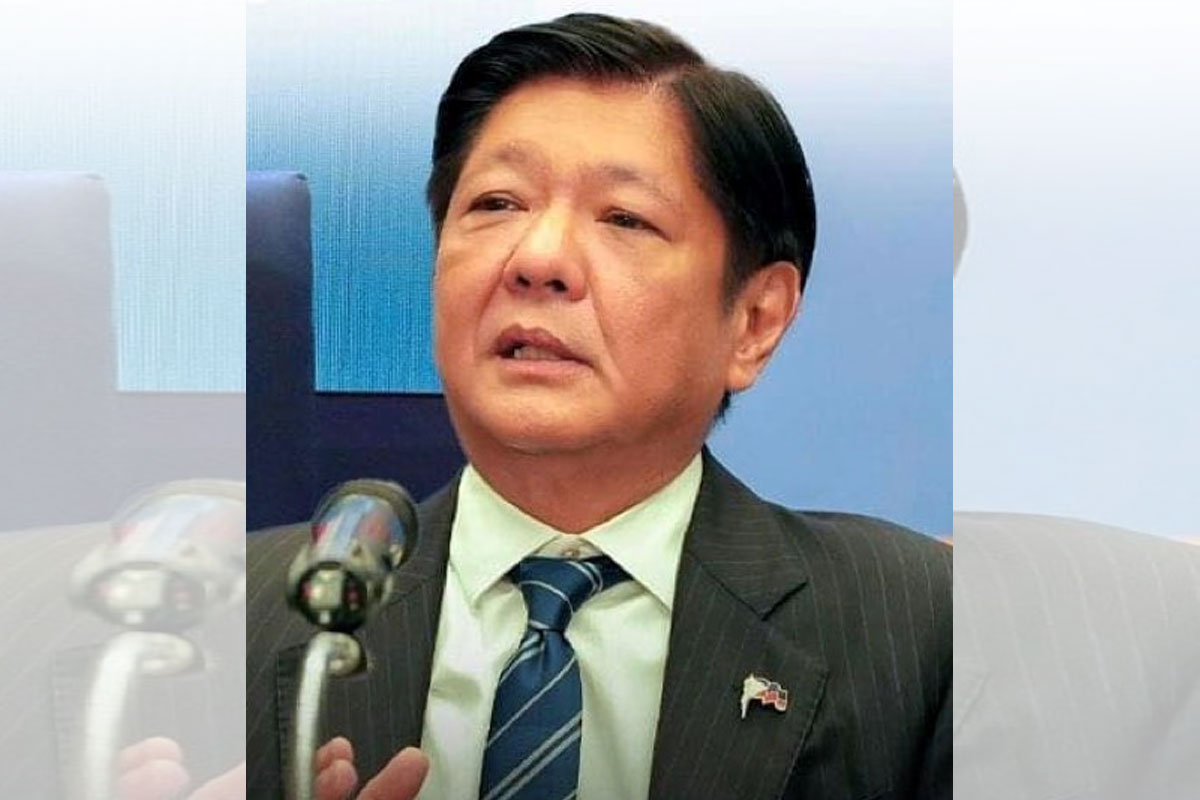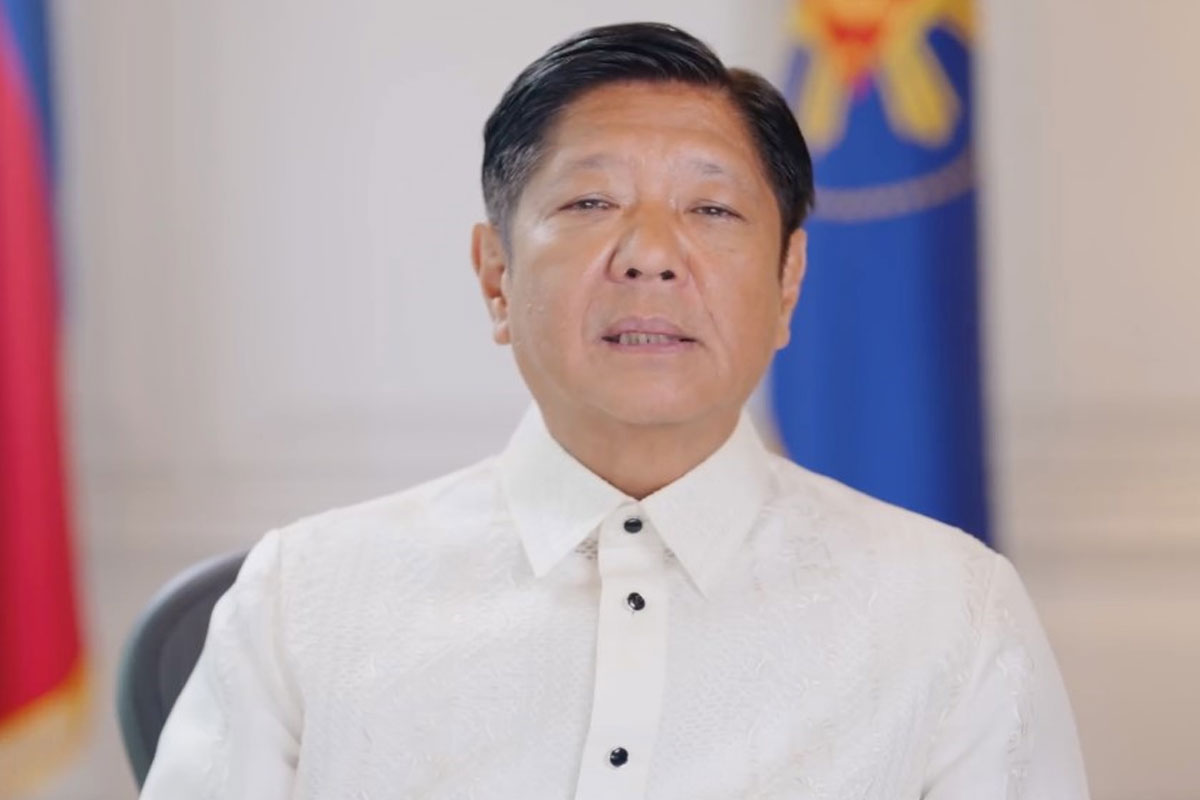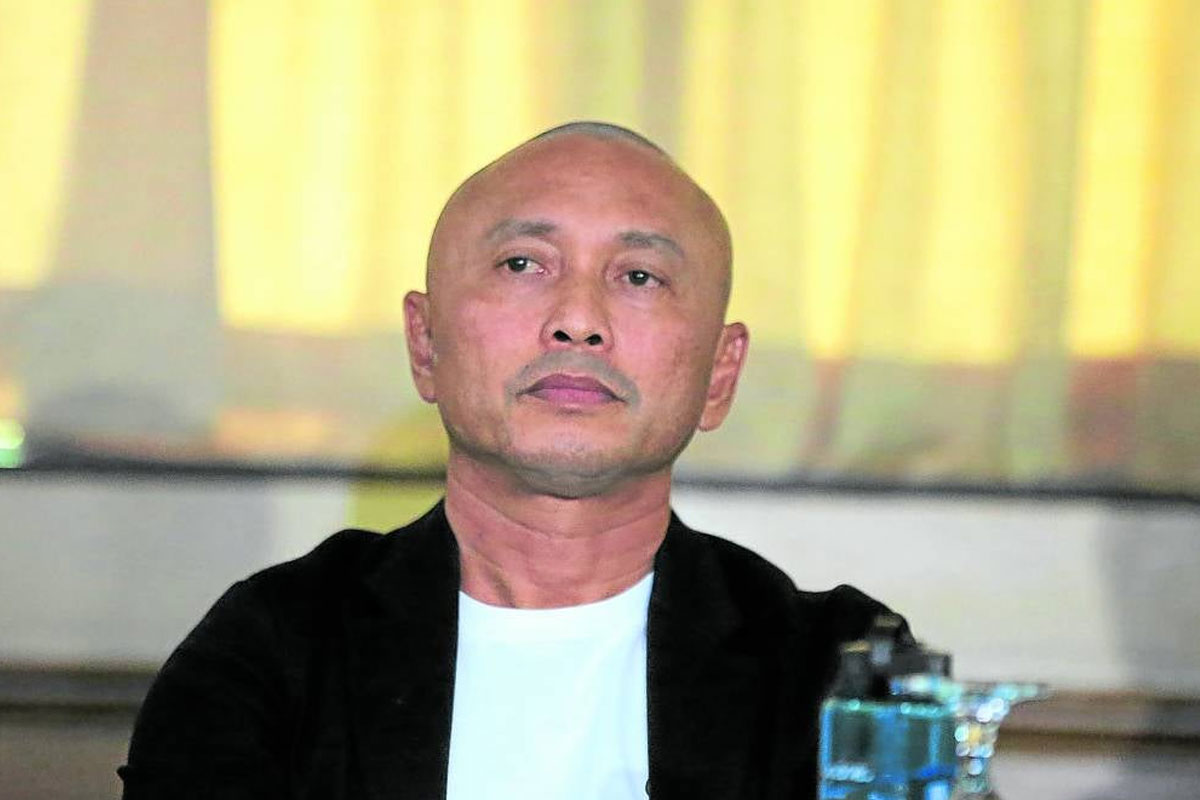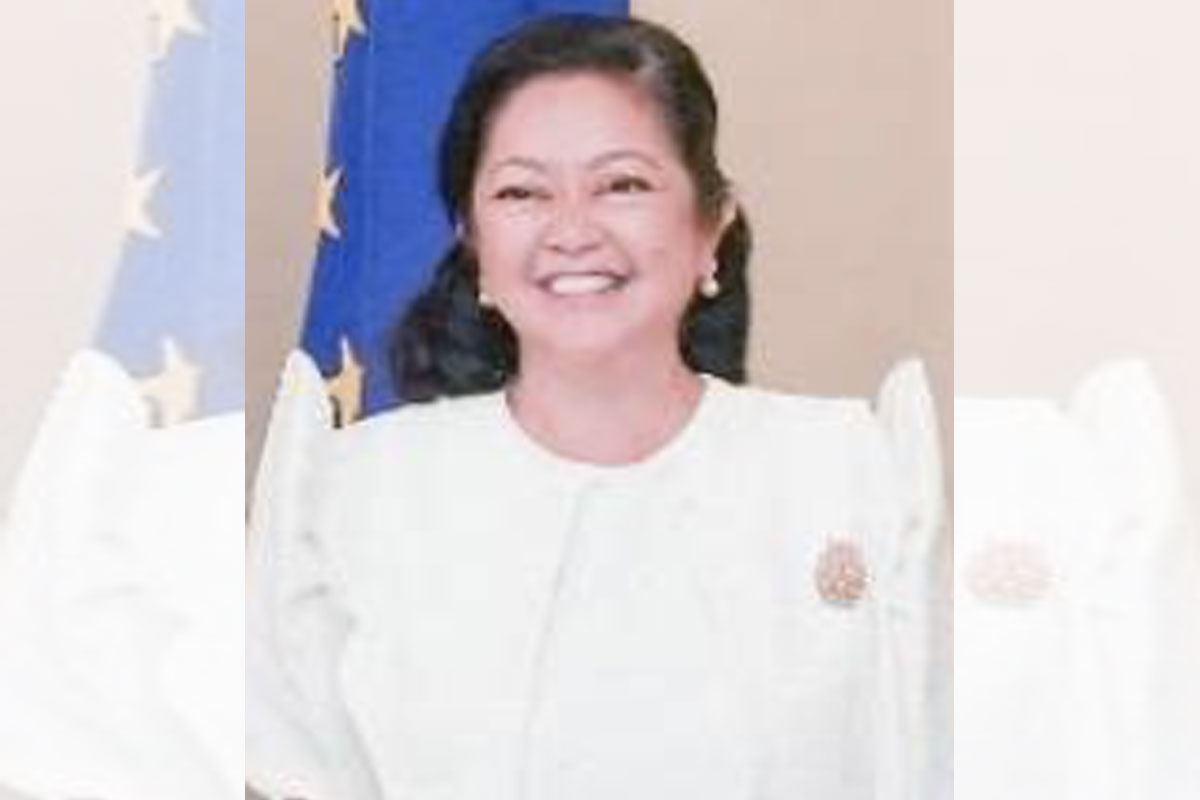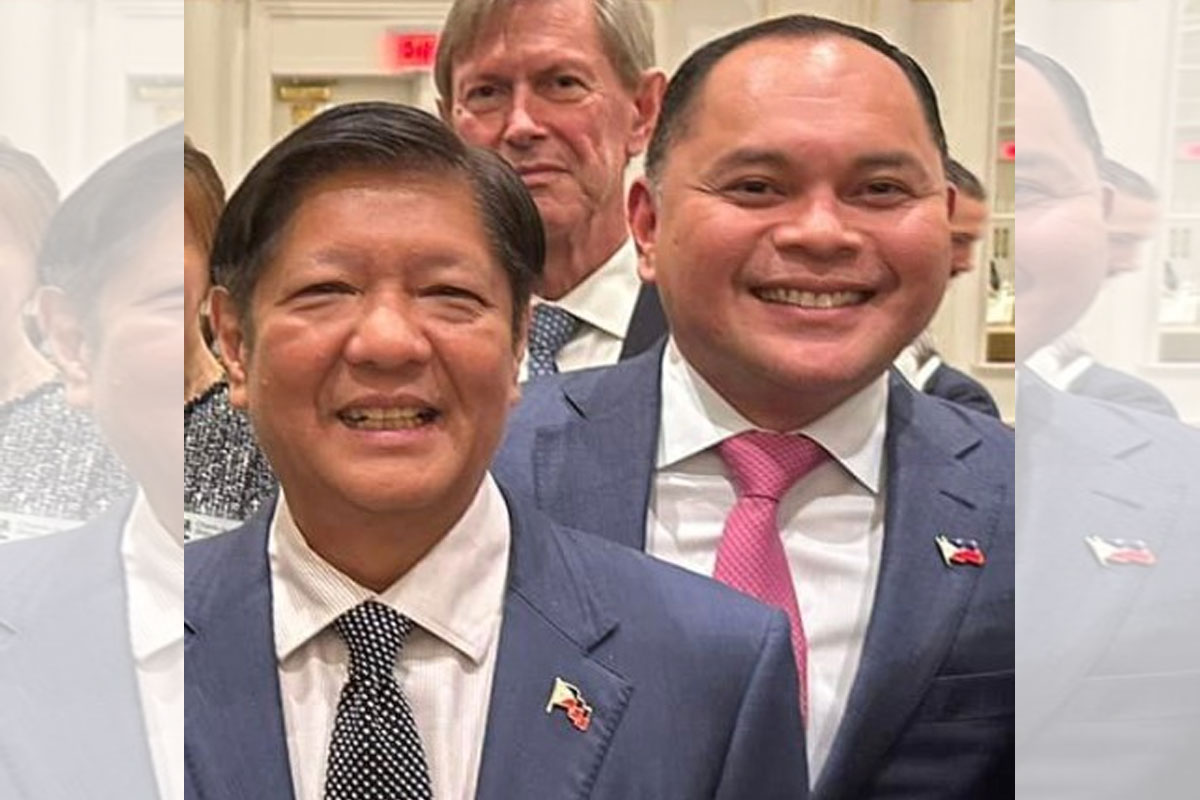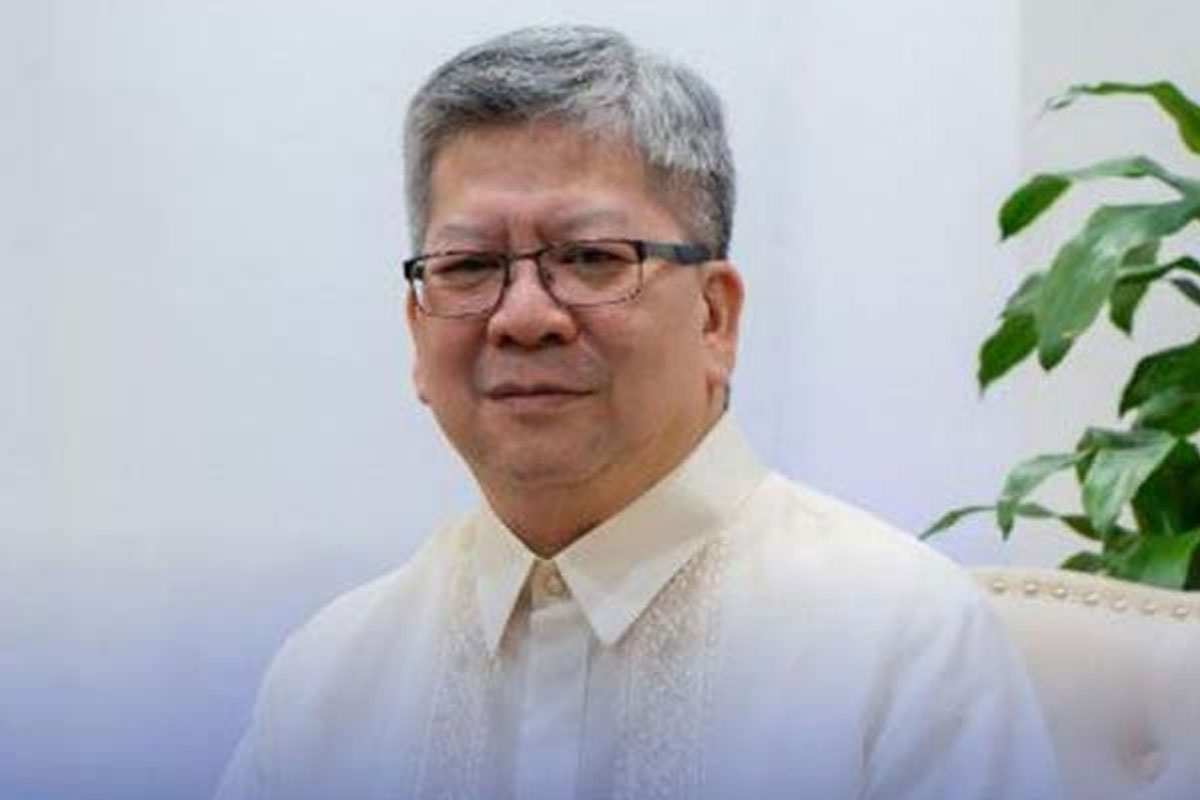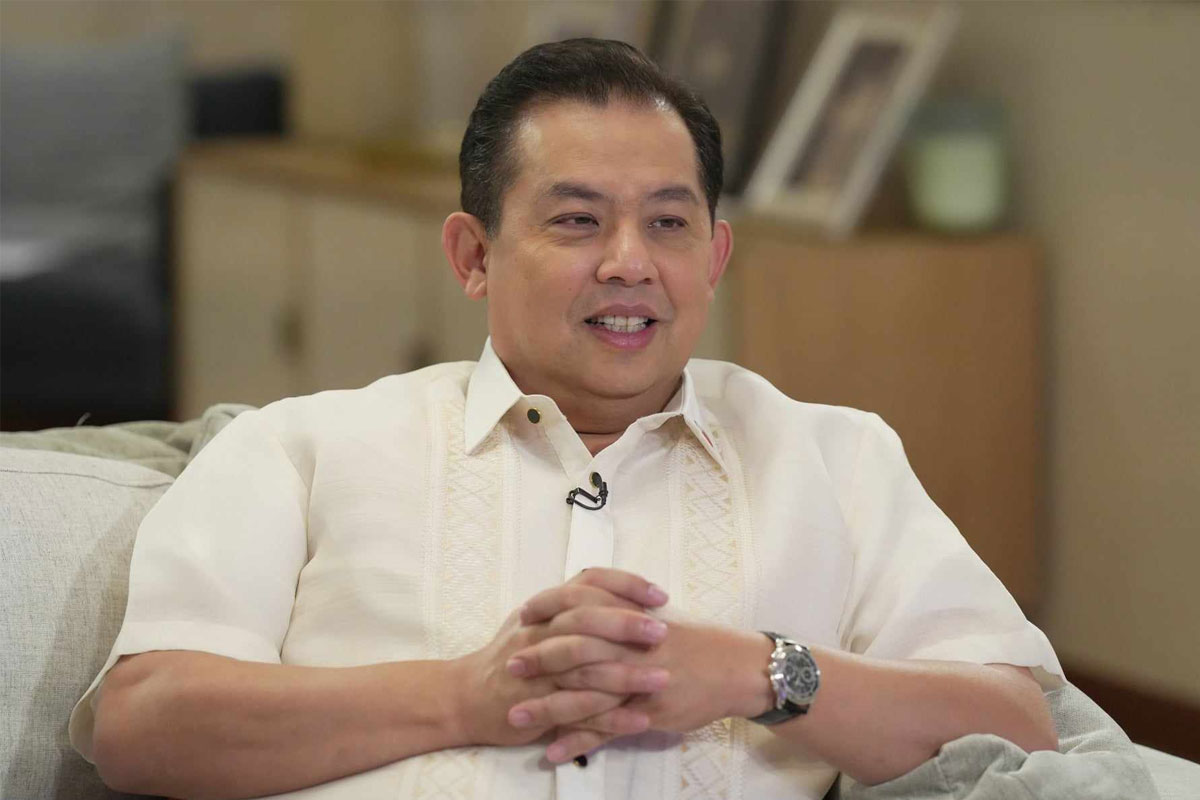
Women candidates fail to break through in Qatar vote
AFP, October 2, 2021 — Qatar wrapped up its first legislative polls Saturday with no women elected to a representative council that is seen as unlikely to alter the distribution of power in the emirate.
The vote was for 30 members of the 45-strong Shura Council, a body with limited powers that was previously appointed by the emir as an advisory chamber.
Male candidates were elected in all 30 of the seats up for election, the interior ministry’s election committee reported, despite 28 women initially being cleared to run in the polls.
The results raise the prospect that the emir will use his 15 direct appointments to the council to right the imbalance.
It is not known when the appointments will be announced, or when the council will meet.
The final voter turnout was 63.5 percent according to officials, significantly higher than at 2019’s municipal elections when fewer than 10 percent of voters cast ballots.
A provisional tally published by state television on Saturday afternoon suggested one-third of approved candidates, some 101 contenders, had dropped out of the race by Saturday afternoon.
However the state-run Qatar News Agency later reported there was a total of 233 candidates.
It was unclear if those who had dropped out had formally withdrawn or called on their followers to back other candidates.
“Where candidates realised that they have no shot to win a seat, they decided to endorse other candidates,” said King’s College London associate professor Andreas Krieg.
Across the Gulf emirate, orderly queues of Qataris in national dress formed inside polling stations, mostly schools and sports halls, throughout the day.
In the 17th district, a chauffeur-driven Mercedes-Benz and a pearl white Rolls Royce SUV dropped off female voters at a primary school. Women were a majority among the steady stream of those casting ballots there at lunchtime.
Observers say the repeatedly delayed decision to hold the election comes with Qatar under heightened scrutiny as it prepares to host the 2022 World Cup.
All-powerful emir
Former US ambassador to Qatar Susan Ziadeh said Qatar was “looking to see how it enhances its position on the world stage” which had led it to organise the polls ahead of 2022.
On the issue of women’s representation, Ziadeh said female voters would be focussed on “rights, whether it’s personal status codes and other issues.
“They’re going to be looking to see how they can use this body,” she added ahead of the results.
The Shura will be allowed to propose legislation, approve the budget and recall ministers. But the emir, all-powerful in the world’s largest exporter of liquefied natural gas, will wield a veto.
“At the start of the day, I heard many people say they wouldn’t vote because there will be no change, but we saw many people,” said voter Sultan Abdullah al-Kuwari. “This is a good omen that there will be change.”
In the working class Najma suburb, candidates and voters paused for afternoon prayers on mats that had been set up inside the 10th district polling station which, like all others, was segregated by gender.
Beyond single-candidate town hall meetings, posters and ads, the country’s electoral exercise was limited, with no change of government possible and political parties outlawed.
Candidates uniformly avoided debate about Qatar’s foreign policy or status as a monarchy, instead focussing on social issues.
‘Optics’
All candidates had to be approved by the powerful interior ministry.
Most of Qatar’s 2.5 million residents are foreigners, ineligible to vote.
Candidates stood in electoral divisions linked to where their family or tribe was based in the 1930s, using data compiled by the then-British authorities.
Qataris number about 333,000, but only descendants of those who were citizens in 1930 were eligible to vote and stand, disqualifying members of families naturalised since then.
Some members of the sizeable Al-Murrah tribe were among those excluded from the electoral process, sparking a fierce debate online and isolated protests.
“I think sadly (the election) is done for the optics rather than a genuine desire for a more transparent and fairer process,” said one young Qatari, who did not vote and declined to be named because of the sensitivity of the election. By Gregory Walton





